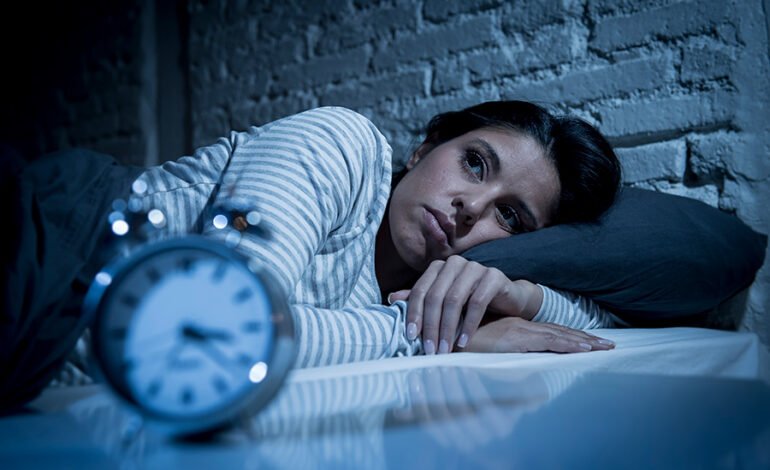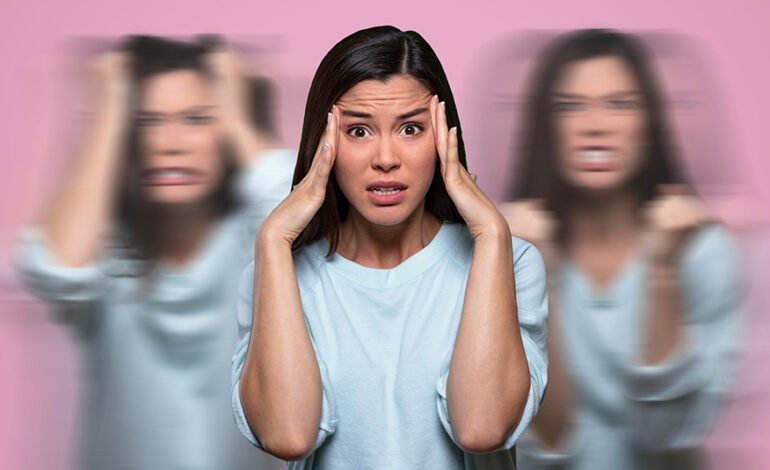
No more suffering from insomnia
Dealing with insomnia requires a combination of lifestyle changes, relaxation techniques, and, in some cases, medical interventions. Here’s a structured approach to help you improve sleep quality:
1. Improve Sleep Hygiene
These habits set the foundation for good sleep:
✅ Stick to a Schedule: Sleep and wake up at the same time daily, even on weekends.
✅ Limit Naps: If you nap, keep it under 30 minutes and before 3 PM.
✅ Create a Sleep-Friendly Environment:
Keep your bedroom cool (60-67°F / 16-19°C), dark, and quiet.
Use blackout curtains or a white noise machine if needed.
Avoid bright screens (phones, TVs) at least 1 hour before bed.
✅ Use Your Bed Only for Sleep & Intimacy: Avoid working, eating, or watching TV in bed.
2. Manage Stress & Anxiety
An overactive mind is a common cause of insomnia. Try:
🧘 Meditation & Deep Breathing: 4-7-8 breathing technique (inhale for 4 sec, hold for 7 sec, exhale for 8 sec).
📖 Journaling: Write down worries or thoughts before bedtime.
💆 Progressive Muscle Relaxation: Tighten and relax muscle groups from head to toe.
🎧 Listening to Soothing Sounds: Try ASMR, white noise, or soft instrumental music.
3. Adjust Diet & Lifestyle
🥛 Foods that Promote Sleep:
Warm milk, bananas, almonds, walnuts, chamomile tea.
Light meals at night; avoid spicy, heavy, or sugary foods before bed.
☕ Avoid Caffeine, Alcohol & Nicotine Late in the Day:Caffeine stays in your system for 6+ hours—avoid it after 2 PM.
Alcohol disrupts REM sleep, leading to poor-quality sleep.
4. Exercise Regularly
🏃 Best Time: Morning or early evening (at least 3-4 hours before bed).
💪 Good Activities: Walking, yoga, stretching, or resistance training.
⛔ Avoid Intense Workouts at Night: It raises adrenaline and body temperature, making it harder to sleep.
5. Reduce Screen Time Before Bed
📵 Blue Light Blocks Melatonin:
Use blue light filters on devices or wear blue light-blocking glasses.
Read a physical book instead of scrolling on your phone.
Try audiobooks or sleep stories instead of screen entertainment.
6. Consider Natural Sleep Aids
🌿 Herbal Remedies: Chamomile tea, valerian root, passionflower, lavender.
💊 Supplements:
Melatonin (0.5-3 mg) – Helps regulate sleep-wake cycles.
Magnesium (200-400 mg) – Relaxes muscles and reduces stress.
L-theanine – Found in green tea, promotes relaxation without drowsiness.
Glycine (3g before bed) – May improve sleep quality.
7. Cognitive Behavioral Therapy for Insomnia (CBT-I)
💡 If insomnia is persistent, CBT-I is a structured therapy that helps retrain your brain for better sleep. It’s more effective than sleeping pills and recommended as a first-line treatment.
8. When to See a Doctor
If insomnia persists for more than 3 weeks, or if you have symptoms like snoring, gasping for air, or extreme daytime sleepiness, you may have an underlying issue like sleep apnea or anxiety disorder. A doctor can recommend further treatments, including:
Prescription sleep aids (only for short-term use).
Medical evaluations for conditions like anxiety, depression, or chronic pain.
Final Thoughts
Overcoming insomnia takes patience and consistency. Try different strategies and find what works best for you. Would you like personalized recommendations based on your lifestyle? 😊



